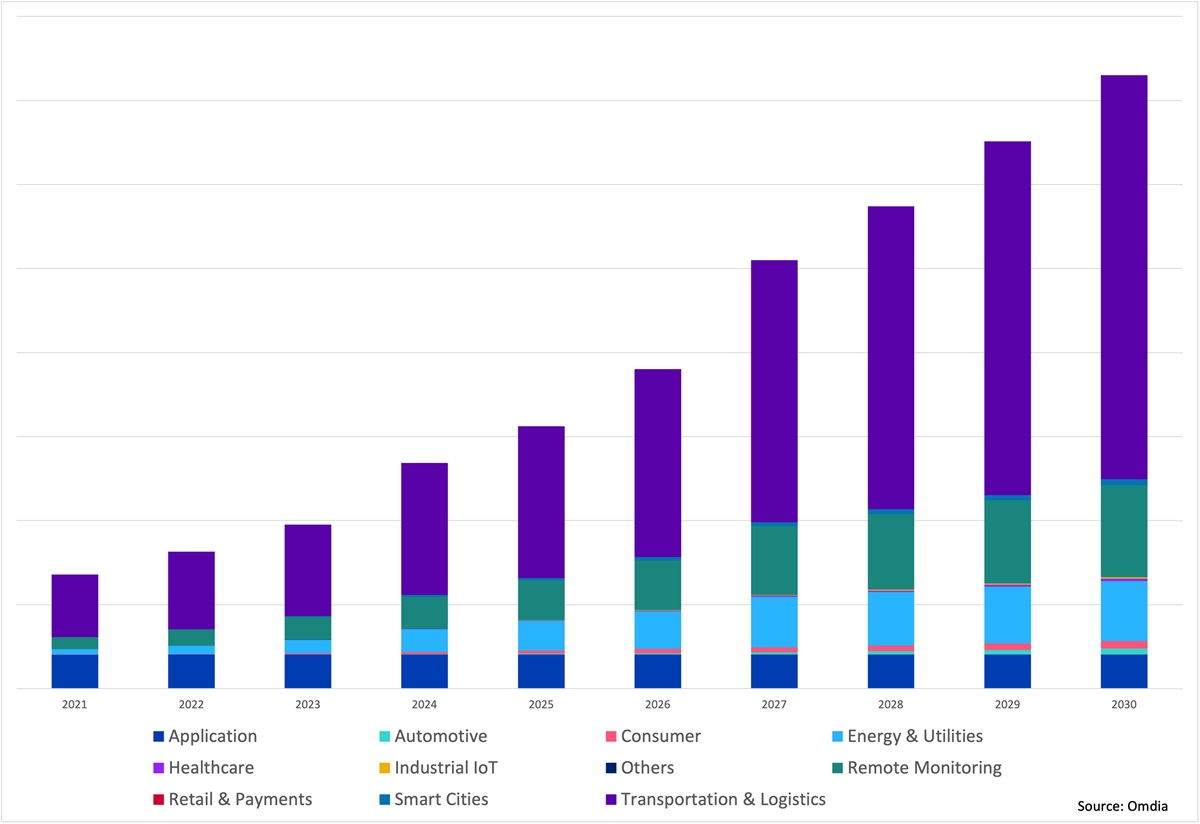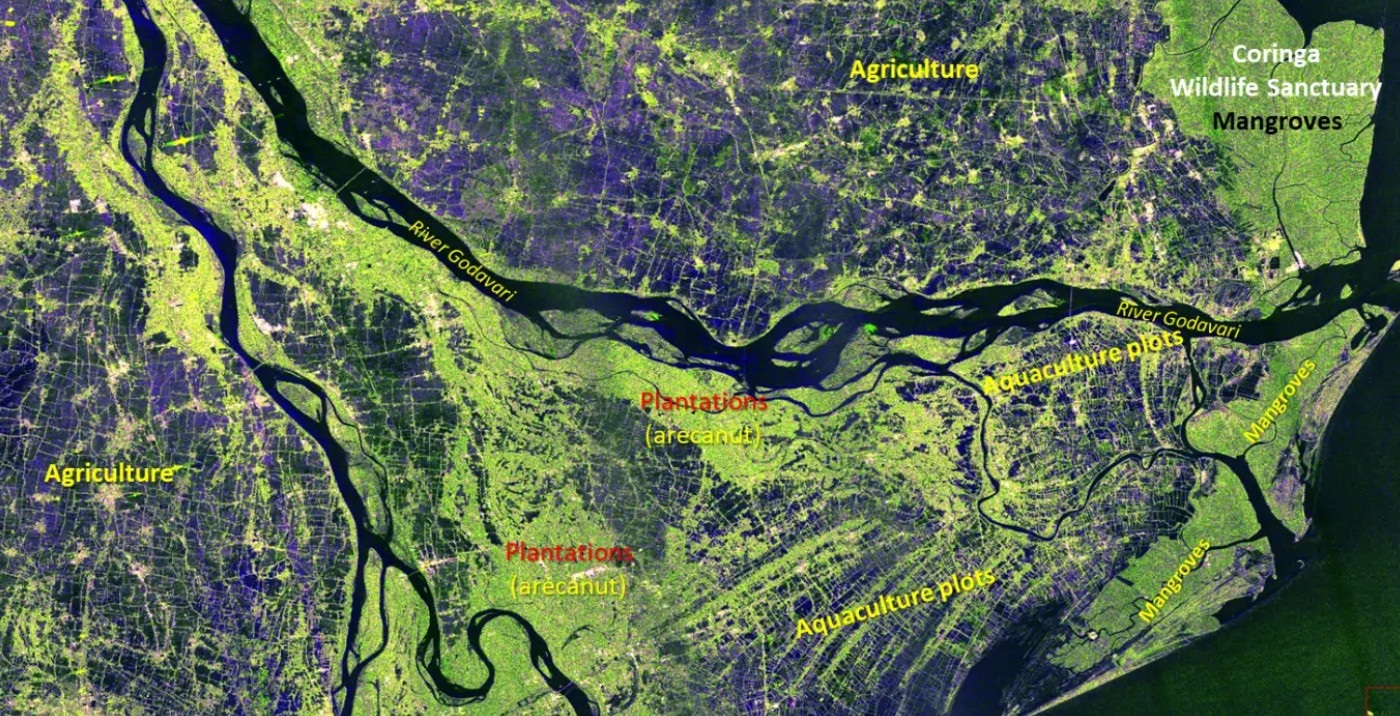McLean, Virginia: Iridium Communications and Deutsche Telekom have embarked on a transformative partnership to extend the global reach of Internet of Things (IoT) connectivity, unlocking seamless, standards-based communications for devices and assets across even the most remote regions of the planet. This collaboration marks a major step forward in fusing terrestrial and satellite networks, promising robust coverage and new possibilities for industries relying on reliable data and real-time connectivity.
Strategic Partnership to Redefine Global IoT
Announced on September 16, 2025, Iridium Communications—renowned for its low-Earth orbit (LEO) satellite fleet—revealed that Deutsche Telekom, one of Europe’s leading telecom giants, will begin integrating Iridium’s innovative NTN DirectSM service with its global IoT network. This integration establishes Deutsche Telekom among the first mobile network operators to bridge their terrestrial IoT infrastructure with a 3GPP standards-based, non-terrestrial network for direct-to-device (D2D) coverage.
Iridium’s NTN Direct is engineered to provide seamless, pole-to-pole NB-IoT coverage—a powerful complement to terrestrial connectivity. Deutsche Telekom customers, ranging from businesses to critical infrastructure managers, will gain roaming access to Iridium’s forthcoming 5G service, blurring the lines between land-based mobile signals and the far-reaching LEO satellite connection.
Closing Coverage Gaps: Why NTN Direct Matters
The fusion of Iridium’s constellation and Deutsche Telekom’s networks fills a longstanding void in global IoT communications. While terrestrial networks excel in densely populated areas, they remain limited in vast rural regions, oceans, air corridors, and remote industrial zones. By integrating Iridium’s L-band satellite services, Deutsche Telekom is set to offer steadfast IoT coverage regardless of weather conditions or location.
Matt Desch, CEO of Iridium Communications, emphasized this point: “Iridium NTN Direct is designed to complement terrestrial networks like Deutsche Telekom and provide seamless global coverage, extending the reach of their own infrastructure. This partnership underscores the power of creating a straightforward, scalable solution that builds on existing technology to enable global service expansion”.
Jens Olejak, Head of Satellite IoT at Deutsche Telekom, echoed the sentiment, noting that this step positions Deutsche Telekom at the forefront of IoT innovation: “By providing our customers access to Iridium’s extensive LEO satellite network, they will benefit from broadened global NB-IoT coverage to reliably connect sensors, machines, and vehicles. This convergence is now possible through affordable, 3GPP-standardized 5G devices that function across both terrestrial and non-terrestrial networks”.
Commercial Launch and Use Cases: What’s Coming in 2026
With a commercial launch targeted for 2026, the integrated service promises roaming for Deutsche Telekom’s IoT customers onto the Iridium network—empowering end-users with a new level of data continuity and reliability. Anticipated use cases stretch across industries and geographies:
- International Cargo Logistics: Real-time messaging and tracking for containers and vehicles as they transit oceans, deserts, or rural supply chains.
- Remote Utility Monitoring: Sensors and smart meters in isolated locations will report data without interruption, regardless of terrestrial coverage gaps.
- Smart Agriculture: Farmers will gain insights from machinery and environmental monitors, even in areas with no cellular signals.
- Emergency Response: Disaster teams can coordinate and track assets even amidst network outages or severe weather events.
The system also facilitates status updates and secure two-way messaging for IoT, automotive, and industrial devices, ensuring no asset or system is ever out of reach.
Technical Differentiators: LEO, L-band, and 3GPP Standardization
Iridium’s constellation provides the only truly global network leveraging L-band spectrum—a region of radio frequencies known for its resilience against weather interference. With satellites in low-Earth orbits, Iridium offers faster response times (lower latency) and better coverage angles than geostationary alternatives, a crucial edge for latency-sensitive applications and communications in complex terrains.
The commitment to 3GPP industry standards assures wide compatibility. Iridium NTN Direct enables the use of affordable, standards-based 5G devices. This minimizes the integration burden for equipment manufacturers and offers a smooth upgrade path as IoT technology evolves.
Business Model, Integration, and Roaming Agreement
Central to the venture is the forthcoming roaming agreement between Deutsche Telekom and Iridium, contingent upon successful integration and testing. This structure allows Deutsche Telekom customers to use the Iridium network as a seamless extension of their own, with asset tracking, monitoring, and communications continuing even when outside terrestrial coverage zones.
For Iridium, partnerships like this offer efficient market entry through wholesale arrangements, allowing operators to leverage Iridium’s constellation without reengineering customer acquisition or billing processes. This strengthens Iridium’s recurring revenue while enabling Deutsche Telekom to present a seamless global experience to its IoT clients.
Industry Impact: Leadership in IoT and Satellite Communications
The partnership underscores a broader movement in the connectivity sector: the convergence of mobile networks with non-terrestrial, standards-based systems. As industries such as logistics, utility management, agriculture, and emergency services grow increasingly reliant on automated asset tracking and data-driven decision-making, the demand for uninterrupted, ubiquitous IoT coverage accelerates.
For Deutsche Telekom, this alliance cements its standing among the world’s most progressive operators. The company’s early adoption of NTN integration demonstrates its commitment to technological leadership and to delivering advanced services where competitors may struggle to reach.
Iridium Communications Inc., based in McLean, VA, operates a fleet of 66 cross-linked LEO satellites, providing global voice, data, and now positioning, navigation, and timing (PNT) services—a capability expanded following the recent acquisition of Satelles. The company’s network is renowned for its reliability, particularly in critical situations from severe storms to polar missions.
Deutsche Telekom AG, with its extensive European and international footprint, offers one of the most widely adopted IoT platforms. The company’s investment in satellite integration reflects its vision for a world in which people and devices are connected without boundaries.
A New Era of Connectivity
As the world pivots towards digitization and automation, the quest for unbroken communication infrastructure has grown in urgency. The integration of Iridium NTN Direct with Deutsche Telekom’s terrestrial networks signifies more than just another service offering—it represents a foundational shift toward truly global connectivity.
In the coming months, both technical teams will continue the integration and validation process. Once commercialized in 2026, the service will revolutionize access to real-time data, asset control, and messaging for industries operating in the world’s most challenging environments. Customers can expect higher resilience, greater coverage, and the flexibility to apply IoT in entirely new places and use cases.
Through this strategic partnership, Iridium and Deutsche Telekom are not only closing the connectivity gap but are also setting a new standard for global IoT innovation and collaboration. Their efforts highlight the future of networking: one in which terrestrial and non-terrestrial services work hand-in-hand, offering uninterrupted access and meaningful digital transformation, no matter where in the world the need arises.





